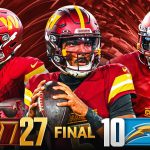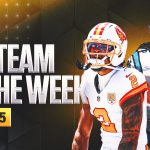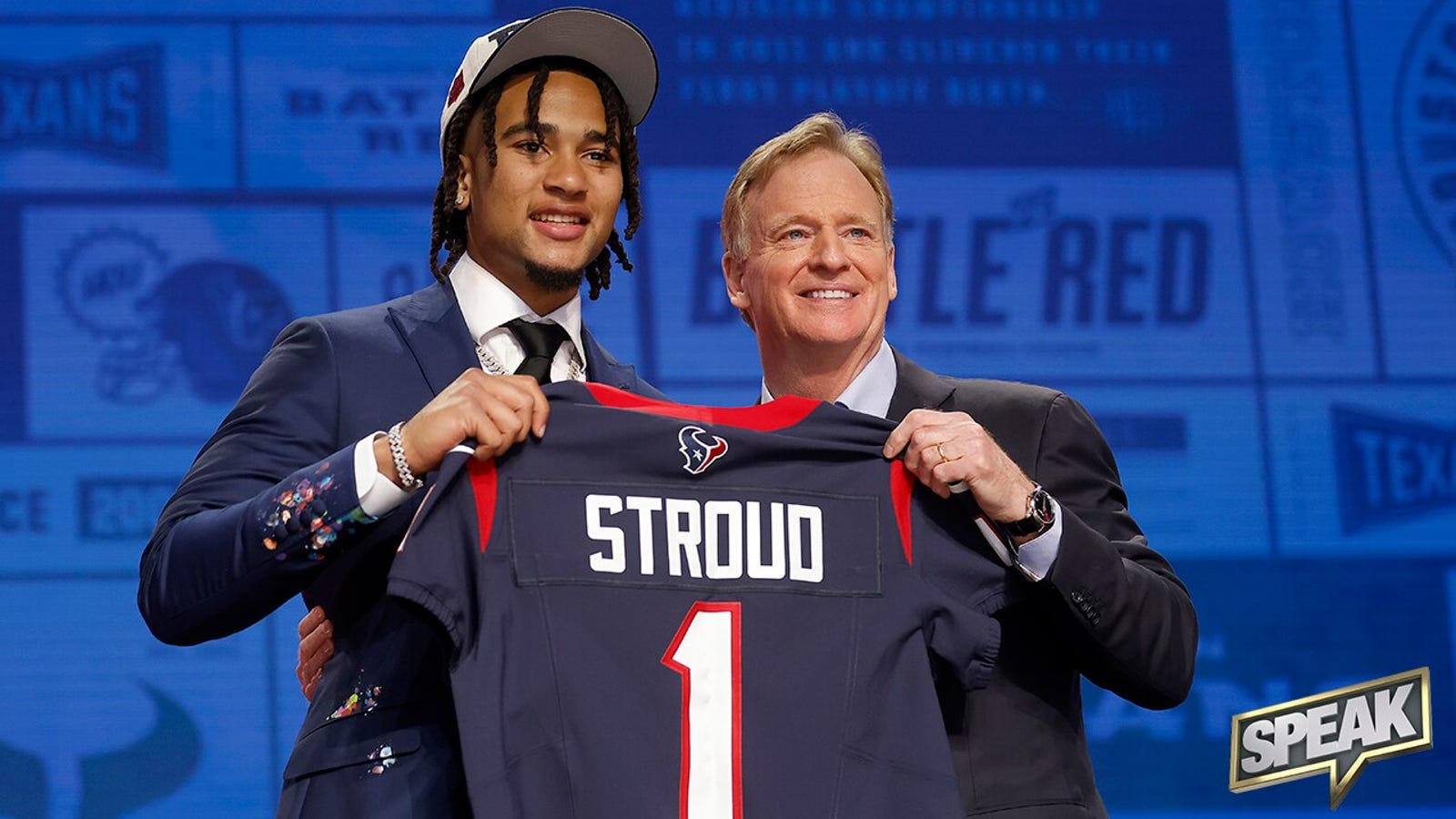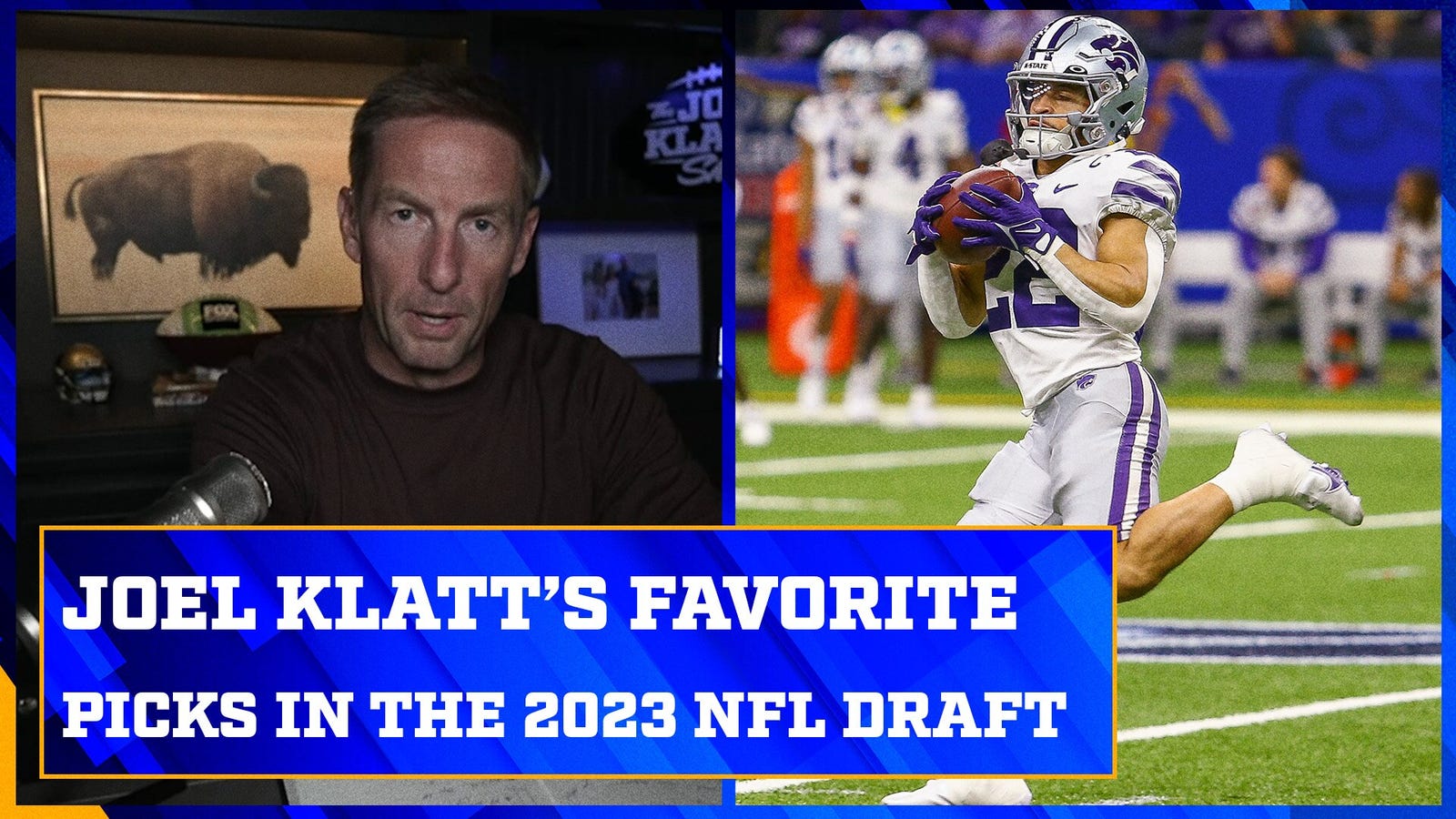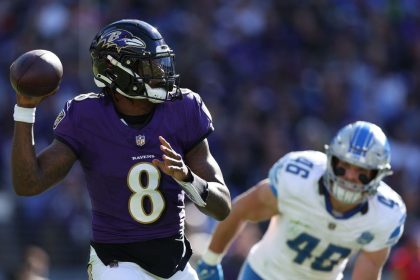Emmanuel Forbes was on the Washington Commanders‘ radar long before any of them started looking at his game film. They were mesmerized by his stats, the 14 career interceptions, the NCAA-record six Pick-6s in three seasons. The numbers just jumped off the page.
So did one other number: 166. That’s the weight Forbes carried on his rail-like, 6-foot-1 frame.
But after watching him play in the powerful SEC, the Commanders decided they didn’t care so much about that.
“When you watch his tape, you don’t know that he’s that light,” said Commanders general manager Martin Mayhew. “He doesn’t look like that on tape. He doesn’t play like that. He’s been durable. He hasn’t missed a game because of an injury in three years.
“So, that’s something that we don’t really concern ourselves with.”
Should they be concerned, though? That was the debate about Forbes in some NFL draft rooms in the run-up to this year’s draft, long before the Commanders ended up selecting the Mississippi State cornerback 16th overall. There was no doubt that his production, his skill, and his speed (the 4.35 he ran in the 40 was tied for the fifth-fastest among all players at this year’s scouting combine) made him one of the top corners in the draft. He seemed to be in everybody’s top 10, but not everybody’s top 5. Some around the NFL thought he’d slip into the second round.
And the only reason for that was because of his weight, which for many was alarming.
ADVERTISEMENT
“The guy can fly and he’s easily the best ball-hawk in the draft,” said one college scout with an NFC team. “He’s going to be great for Washington, but that’s only if he stays healthy. A guy that light, I just couldn’t be sure he’d hold up. That’s a big chance to take with a first-round pick.”
It sounded like a few teams felt the same way, but other than the number on the scale there isn’t a lot of reason for concern about Forbes’ durability. He was a three-year starter for the Bulldogs who played in all 36 games. And he did that in the SEC — the closest thing college football has to NFL-level competition and strength and size.
“His injury history was very low, very limited,” Commanders coach Ron Rivera said. “He may have missed a few practices from what we understand, but didn’t miss games and that’s big. He’s a physical guy who takes his shot in terms of tackles, so you’re going to get that kind of play from him. And you feel comfortable with that.”
More importantly, they felt thrilled with what Forbes did on the field. The Commanders had a minus-5 turnover ratio last season, which was one of the worst in the NFL. Only four teams had fewer than their nine interceptions. That’s why defensive coordinator Jack Del Rio was “adamant” about adding a ballhawk to his secondary, Rivera said.
And there clearly was no better ballhawk in this draft.
“He’s a difference maker. He is a game changer,” Mayhew said. “I think people throw around the term ‘ballhawk’ pretty loosely. This guy really is that.”
What set him apart, Mayhew said, was his on-field awareness and his ability to track the ball in the air. He displayed a knack for jumping receivers’ routes and knowing exactly where the quarterback was planning to throw. And when he didn’t, he just had a way of figuring it all out.
“He has a really good feel for routes and route combinations,” Mayhew said. “He can see where everybody is and then he can track the ball really well down the field, and that’s a difficult thing to do. When you’re running with your back to the ball, you’ve got to turn around and locate it. He does a great job of doing that, which probably comes from him being on the offensive side of the ball when he was younger.”
Forbes was a four-star cornerback at Grenada High School in Mississippi, where he had eight interceptions in his career — including two Pick-6s. But he was actually a three-way player. He played receiver, too, and caught 31 passes for 499 yards and seven touchdowns. He even excelled on special teams, where he blocked two punts.
That experience as a receiver was big, and seeing the field like a wideout is undoubtedly an advantage, and a big reason why he’s intercepted so many passes. But it helped that his size wasn’t a liability in high school or, for the most part in college. He could make up for what he lacked with speed and instincts.
In the NFL, the receivers will be bigger, faster and stronger. In many cases they’ll be smarter, too. And that’s where the worries come in.
Forbes will be one of the lightest players in the NFL, right up there — or down there — with Buccaneers receiver Deven Thompkins (5-8, 155) and Rams receiver Tutu Atwell (5-9, 165). He is 16 pounds lighter than the lightest player on the Commanders — receiver Jahan Dotson (5-11, 182). The Commanders actually list Forbes at 180, which was his listed weight at Mississippi State. Even that seemed small until he stepped on the scales at the combine and was revealed to be 14 pounds smaller.
But again, Forbes and the Commanders are convinced that size doesn’t matter — at least not for him.
“Honestly, they didn’t really care too much about my weight because I can play ball,” Forbes said. “That’s all that matters and it never affected my game, so it really didn’t play a factor.”
“I think he’s got the chip on his shoulder about his weight,” Rivera added. “It doesn’t seem to affect how he plays, obviously. So he’s just confident about that. And that was, that was really good to see.”
Ralph Vacchiano is the NFC East reporter for FOX Sports, covering the Washington Commanders, Philadelphia Eagles and New York Giants. He spent the previous six years covering the Giants and Jets for SNY TV in New York, and before that, 16 years covering the Giants and the NFL for the New York Daily News. Follow him Twitter at @RalphVacchiano.
NFL trending
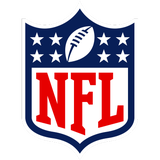
Get more from National Football League Follow your favorites to get information about games, news and more



